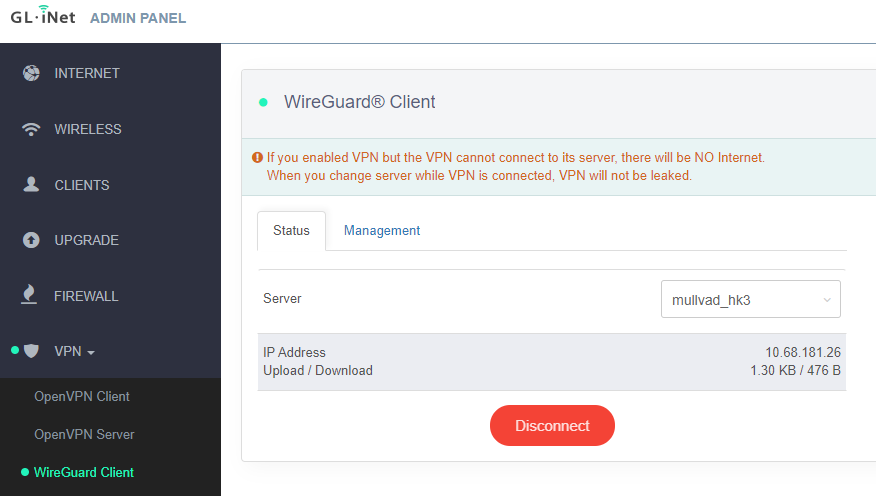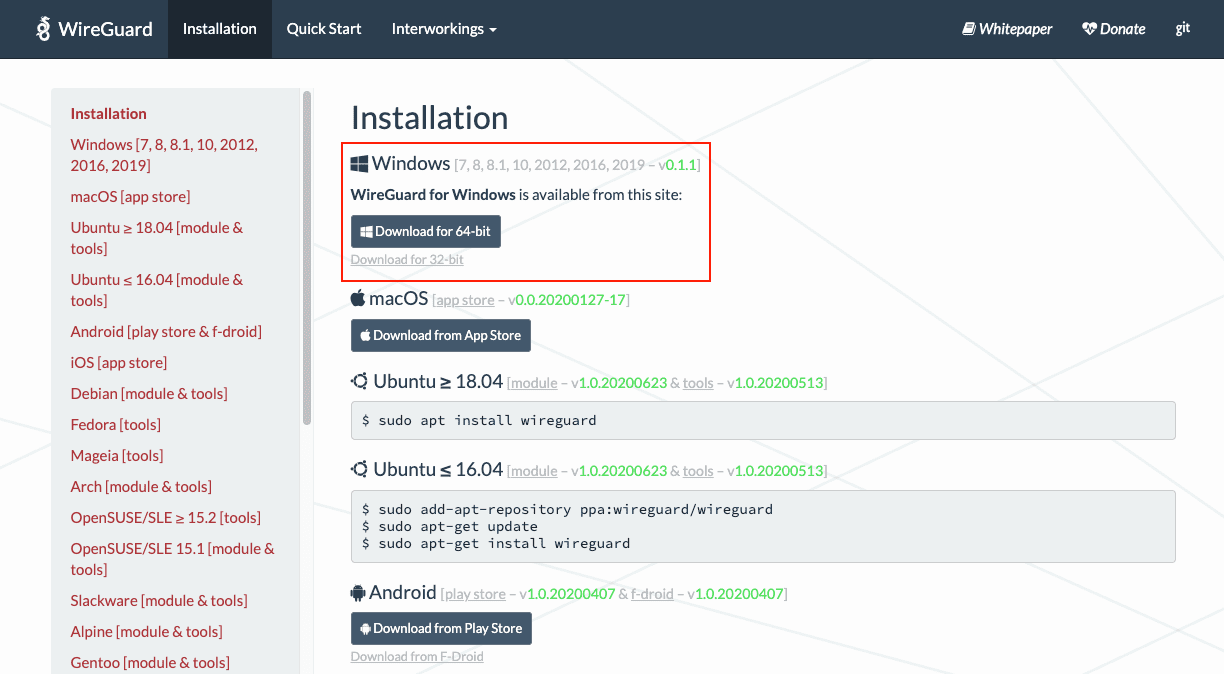
The final answer will depend on what you're looking for and who you trust the most or least.Networking. For better performance, you may notice that some hosters have lightning speed peering between their own servers allowing you access to further away servers (in distance) with very little extra latency (eg 31178). Then there is the hosting provider - is the server rented or owned? For more privacy it might be better to choose different companies and jurisdictions for your hops (eg m427 for the entry and 31178 an for the exit). You might find that an entry server at one of these locations is actually faster for you than a 'local' server. It is entirely possible that you are being routed through these exchanges via your ISP to get to a server in your home country anyway. Everyone has a different ISP and location so you have to do some testing yourself.Īlso, it is useful to pay attention to where the biggest internet exchanges are in the world - the largest is Brazi, then germany, Netherlands and then london: All DNS requests will go through the Mullvad client container, but no resolution will be made for other containers on the VPS, or home LAN hostnames. Luckily with wireguard it's pretty easy to speed test a dozen different locations and providers quickly. There is a Wikipedia page on the "enemies of the internet" to give you an idea of which jurisdictions sensor and surveil the most/least:įor performance, the best is not necessarily the 'closest'.

For example: docker run -it -rm -cap-addNETADMIN \ -e VPNSPmullvad \ -e VPNTYPEwireguard \ -e WIREGUARDADDRESS '11.48.216.


There are different options.įor privacy you should look for an exit node in a country with good laws. You only need to set WIREGUARDPRIVATEKEY and WIREGUARDADDRESS as specified in the Mullvad table. I love this question and did some research on this recently.


 0 kommentar(er)
0 kommentar(er)
